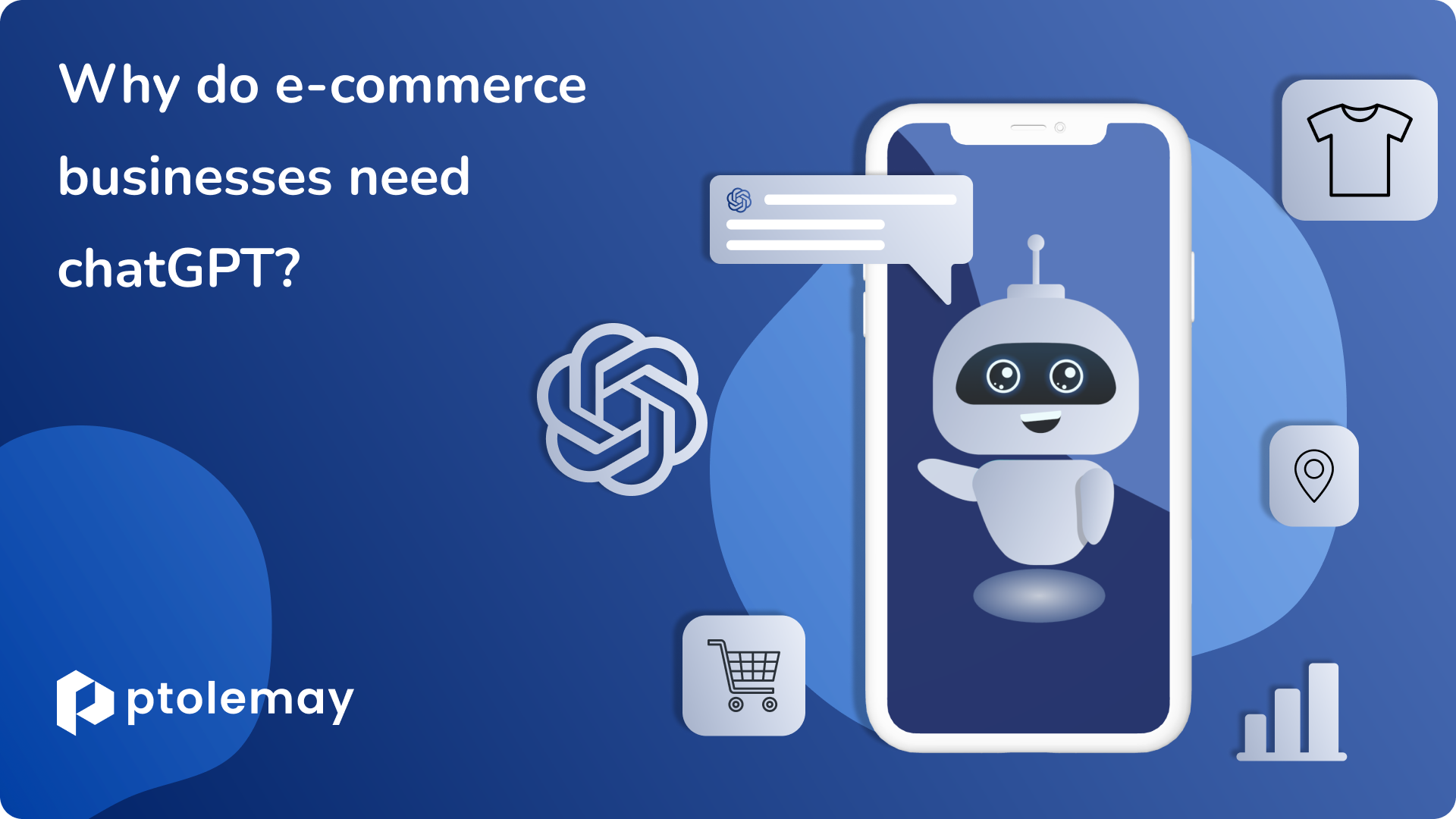ChatGPT in Education: Enhancing Learning and Tutoring

In recent years, artificial intelligence (AI) has made significant strides in transforming various industries, and education is no exception. One of the notable AI breakthroughs in this field is ChatGPT, a language model developed by OpenAI. ChatGPT has the potential to revolutionize the way students learn and interact with educational content, offering opportunities for personalized learning and enhanced tutoring. In this blog, we explore the role of ChatGPT in education and how it can enhance the learning experience.
The Power of Conversational AI
ChatGPT is a versatile AI model capable of understanding and generating human-like text based on the input it receives. This makes it an ideal candidate for improving interactions between students and educational content. Conversational AI, like ChatGPT, can be used to answer questions, provide explanations, and engage students in meaningful dialogues.
Personalized Learning
One of the key benefits of ChatGPT in education is its ability to offer personalized learning experiences. By adapting to the unique needs and learning styles of individual students, ChatGPT can provide customized explanations and assistance. This tailored approach helps students grasp difficult concepts more easily and at their own pace.
On-Demand Tutoring
ChatGPT also serves as a valuable on-demand tutoring tool. Students can seek assistance with homework, assignments, or complex topics at any time. Whether it’s clarifying math problems, understanding literature, or learning a new language, ChatGPT is there to provide explanations and guidance.
Overcoming Language Barriers
For students whose primary language is not English, ChatGPT can be a game-changer. It can assist in language learning, translation, and comprehension, breaking down language barriers and making educational content more accessible.
Continuous Learning and Revision
ChatGPT can engage in interactive revision sessions, helping students consolidate their knowledge. It can quiz students on various subjects, assist with exam preparation, and offer immediate feedback, making the learning process more efficient.
Limitations and Ethical Considerations
While ChatGPT offers tremendous potential for enhancing education, it is not without its limitations. ChatGPT’s responses are generated based on the data it was trained on, and it may not always provide accurate information. Therefore, it is crucial for students to critically evaluate the information received from ChatGPT.
Moreover, ethical considerations come into play when integrating AI into education. Ensuring the responsible and ethical use of AI in teaching and learning is of paramount importance.
Conclusion
ChatGPT’s presence in education represents a promising development, offering students new ways to learn, practice, and engage with educational content. While it cannot replace the role of human educators, ChatGPT can serve as a valuable complement to traditional teaching methods. The key lies in using this technology responsibly and effectively, harnessing its potential to enhance the learning and tutoring experience for students of all ages and backgrounds. As the educational landscape continues to evolve, ChatGPT is set to play a crucial role in shaping the future of learning.
See Also : ChatGPT in Education: Enhancing Learning and Tutoring




